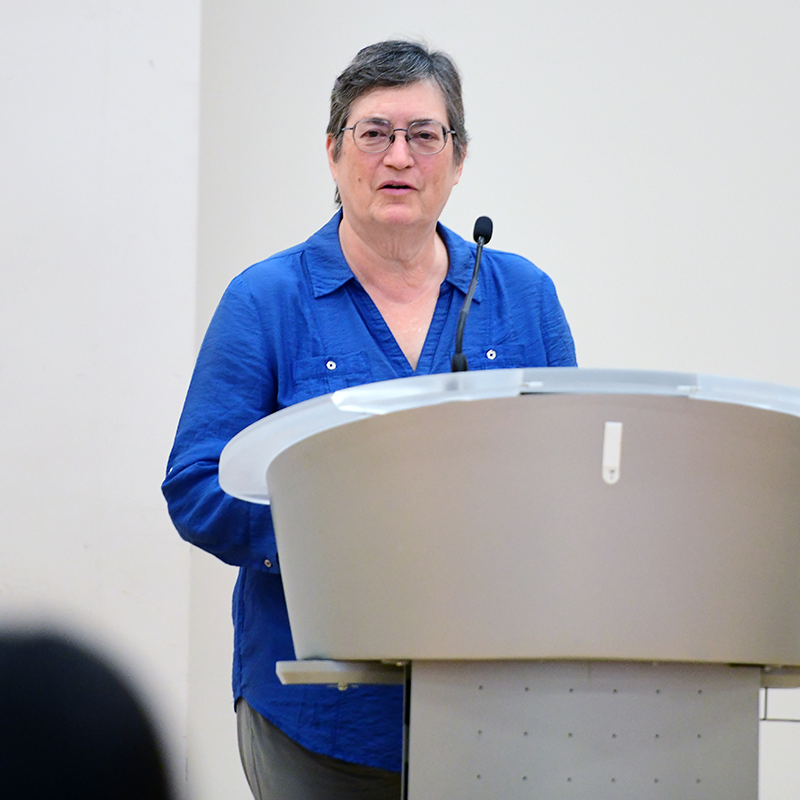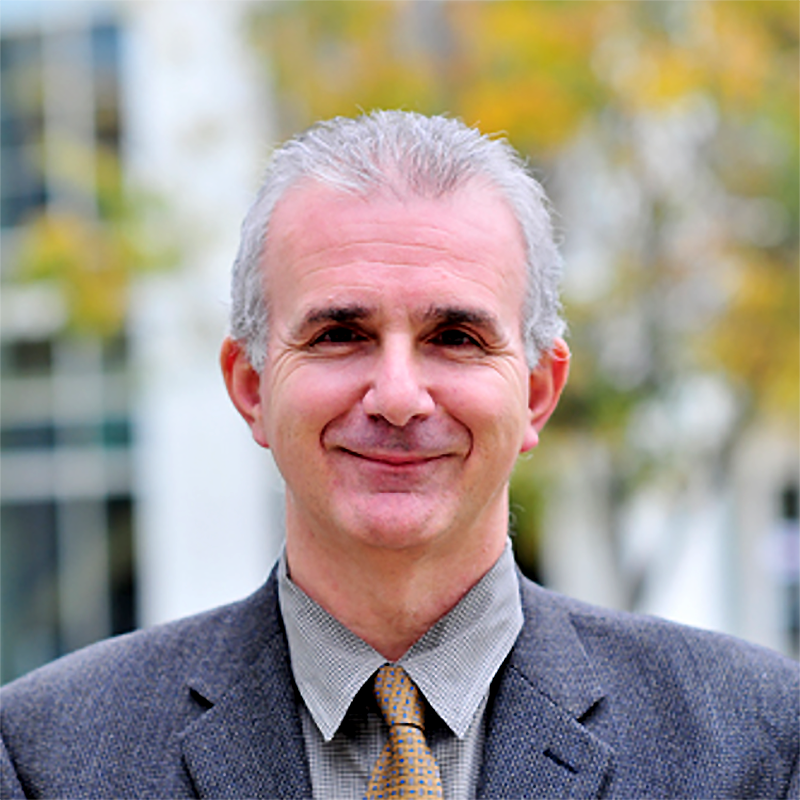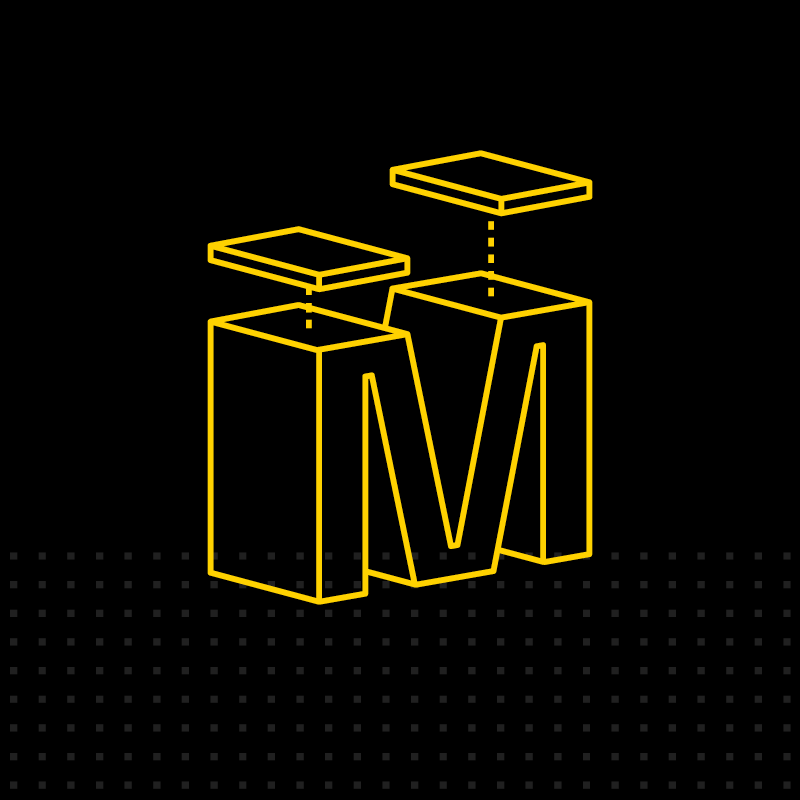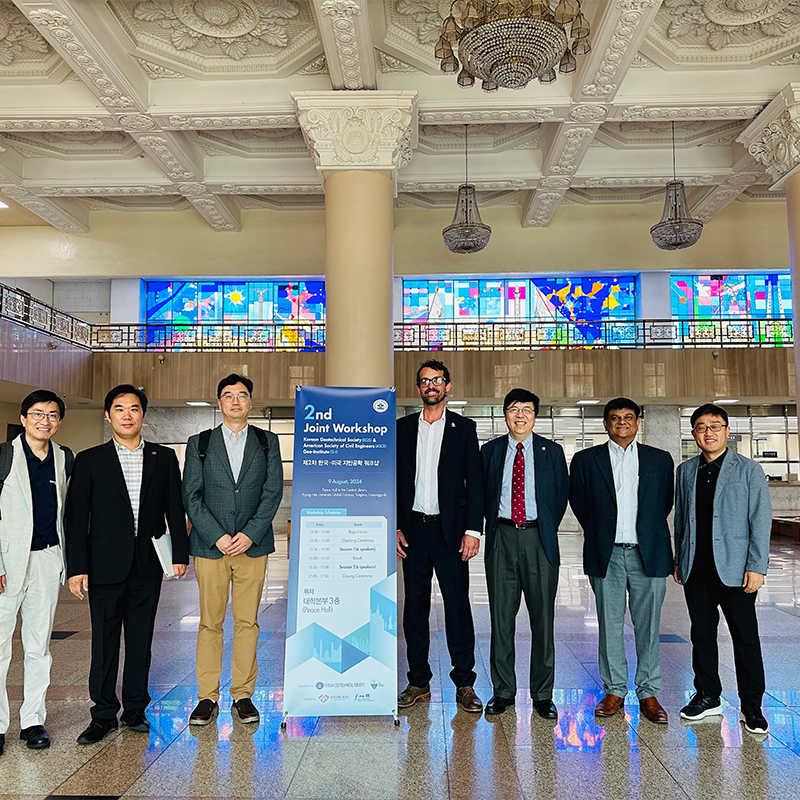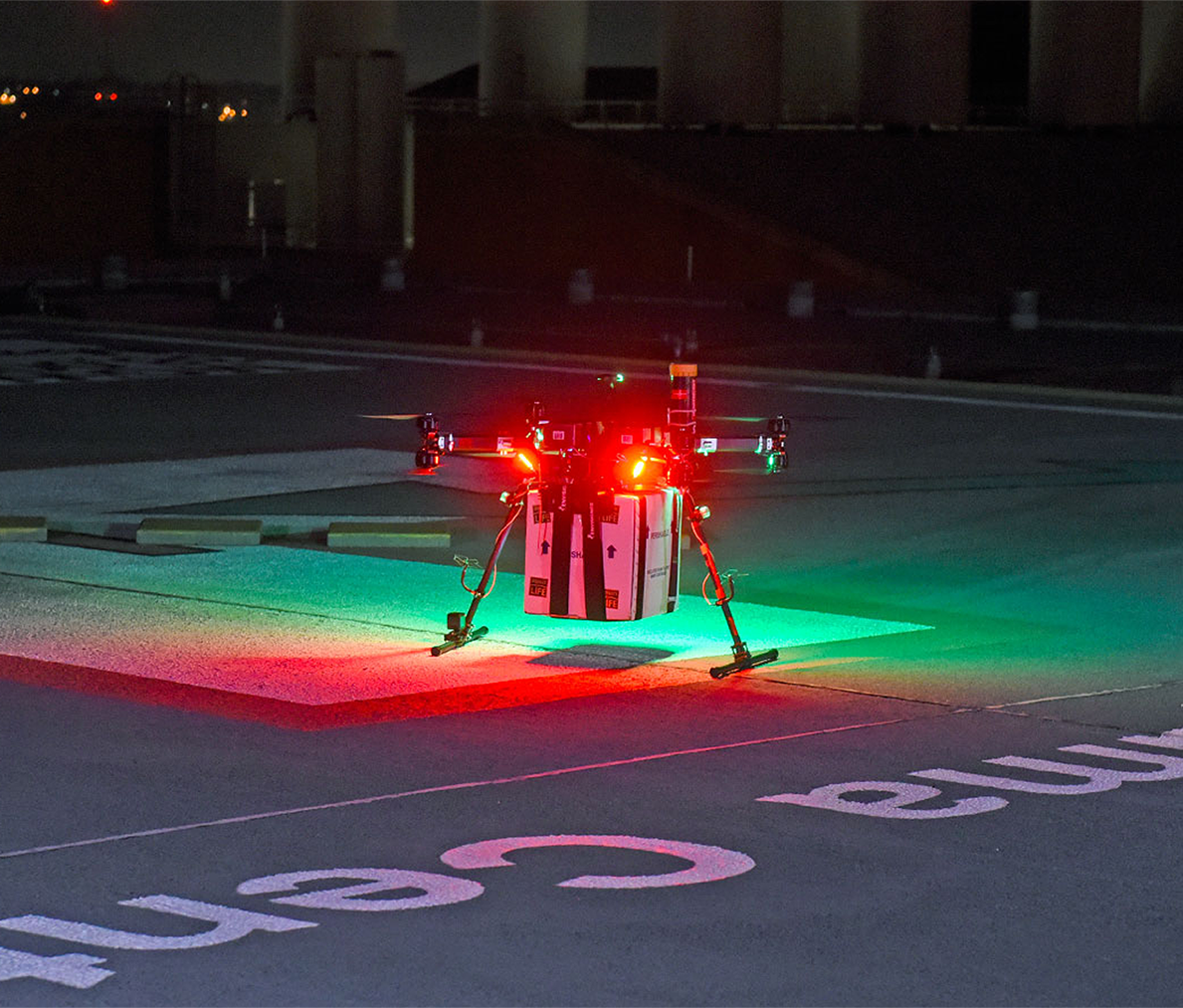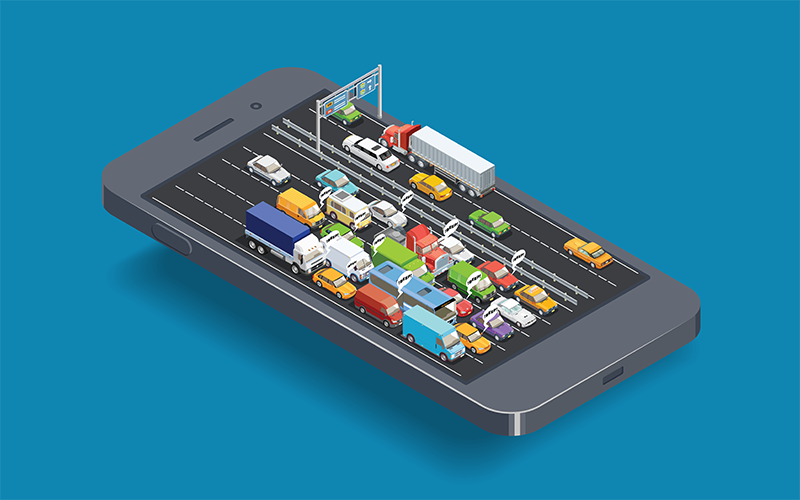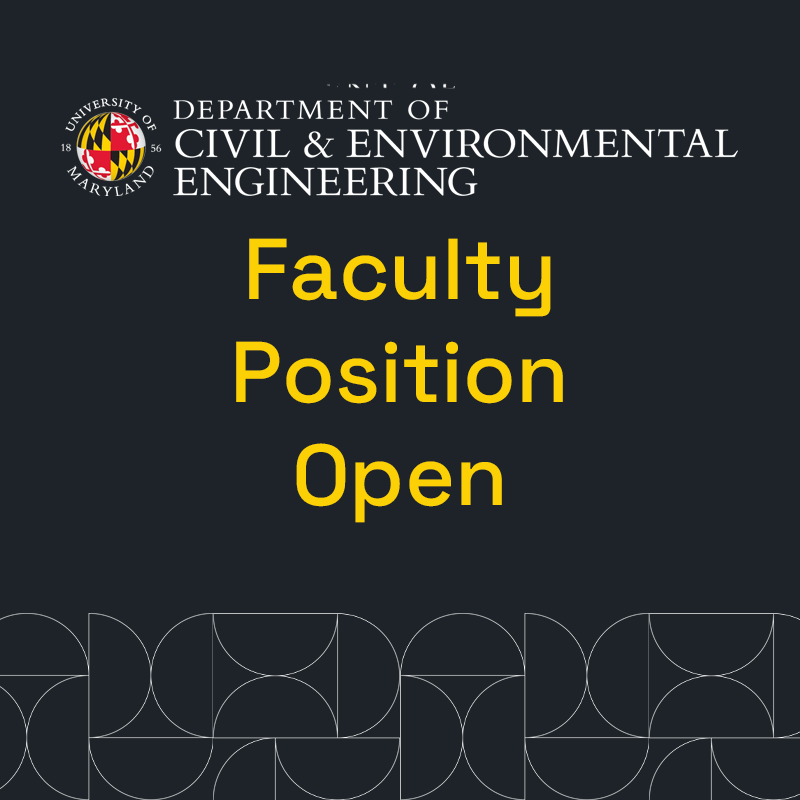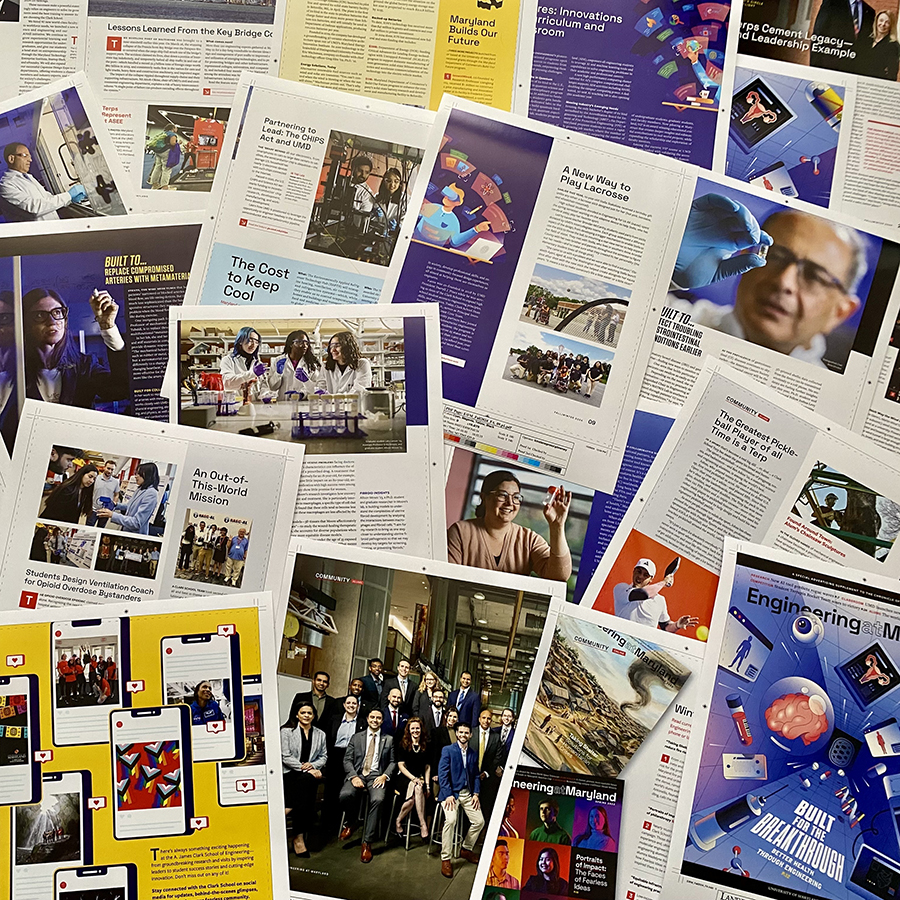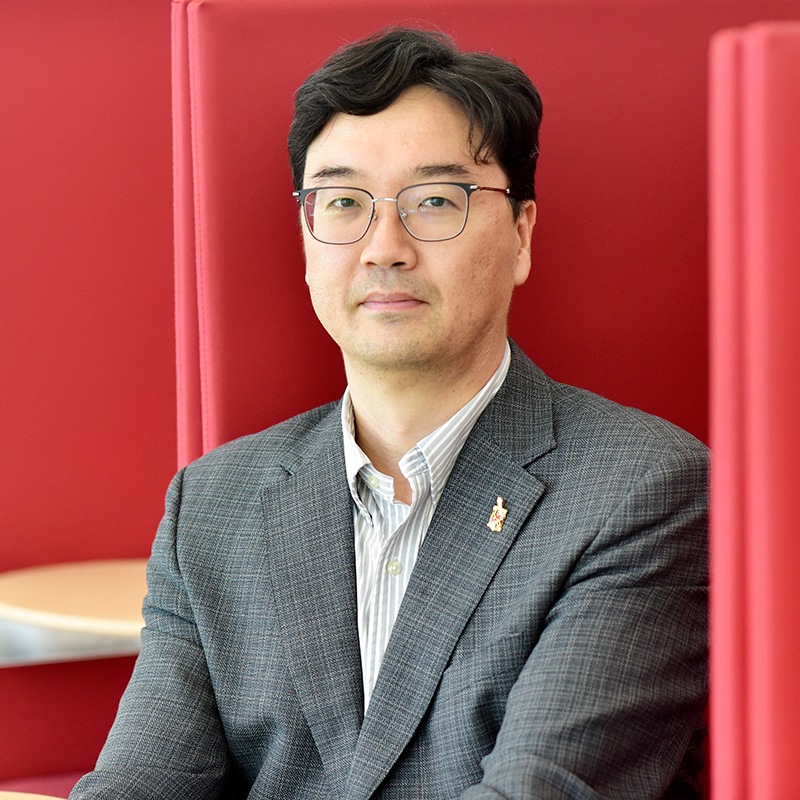News Story
Goulias Tapped to Develop Renewable Construction Materials
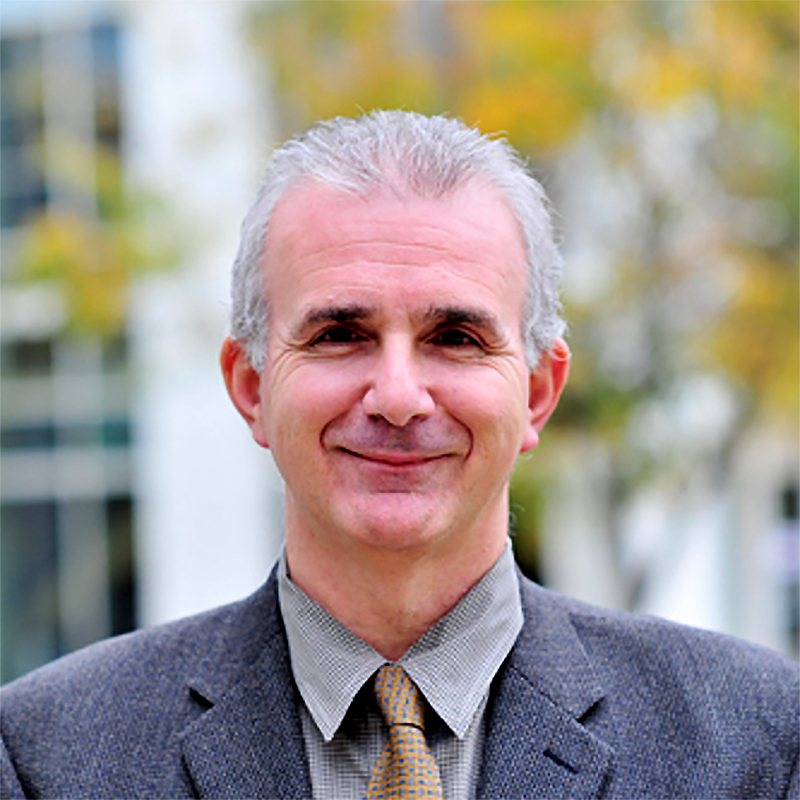
Dimitrios Goulias, associate professor of civil and environmental engineering at the University of Maryland (UMD), has been awarded a $735,000 grant by the auto recycling industry to develop innovative, renewable construction materials from residue produced during the process of auto shredding.
The new materials will be designed to meet criteria set by the Federal Highway Administration’s (FHWA) Low-Carbon Transportation Materials (LCTM) program.
The program is part of a Biden administration effort to reduce the environmental impact of construction and materials, which contribute significantly to greenhouse gas emissions.
"The auto industry represents one of the largest contributors of recyclable material with significant potential in developing innovative LCTM," Goulias said. "Our work aims to help realize that potential."
In his research under the grant, Goulias will conduct experiments on the use of Auto Shredder Residue (ASR) as an "eco-aggregate" in concrete and asphalt mixtures. While the fundamentals of material characterization and behavior is the focus of the research project, innovative prototype materials will also be developed and tested, providing proofs of concept for potential end-product patents.
Compositional analysis using a scanning electron microscope will be conducted in order to understand fully the properties of ASR and ensure consistency and interactions at the micro-meso-marco level with traditional infrastructure materials. Goulias will also work with the study’s industry sponsors to strategize ways to boost market penetration.
Developing ASR-based materials will not only help reduce emissions related to construction but can help keep used car parts out of the landfill by growing the market for auto recycling materials.
An internationally recognized expert on condition and risk assessment, particularly with regard to infrastructure and materials, Goulias has focused much of his recent work on emerging technologies and non-destructive testing of physical infrastructure. His other current projects include an AI-based system for non-invasive monitoring of bridge wear and tear, and condition assessments of pavement surfaces in regards to friction characteristics for relating pedestrian slip to vehicle skid dynamics.
Published October 2, 2024
